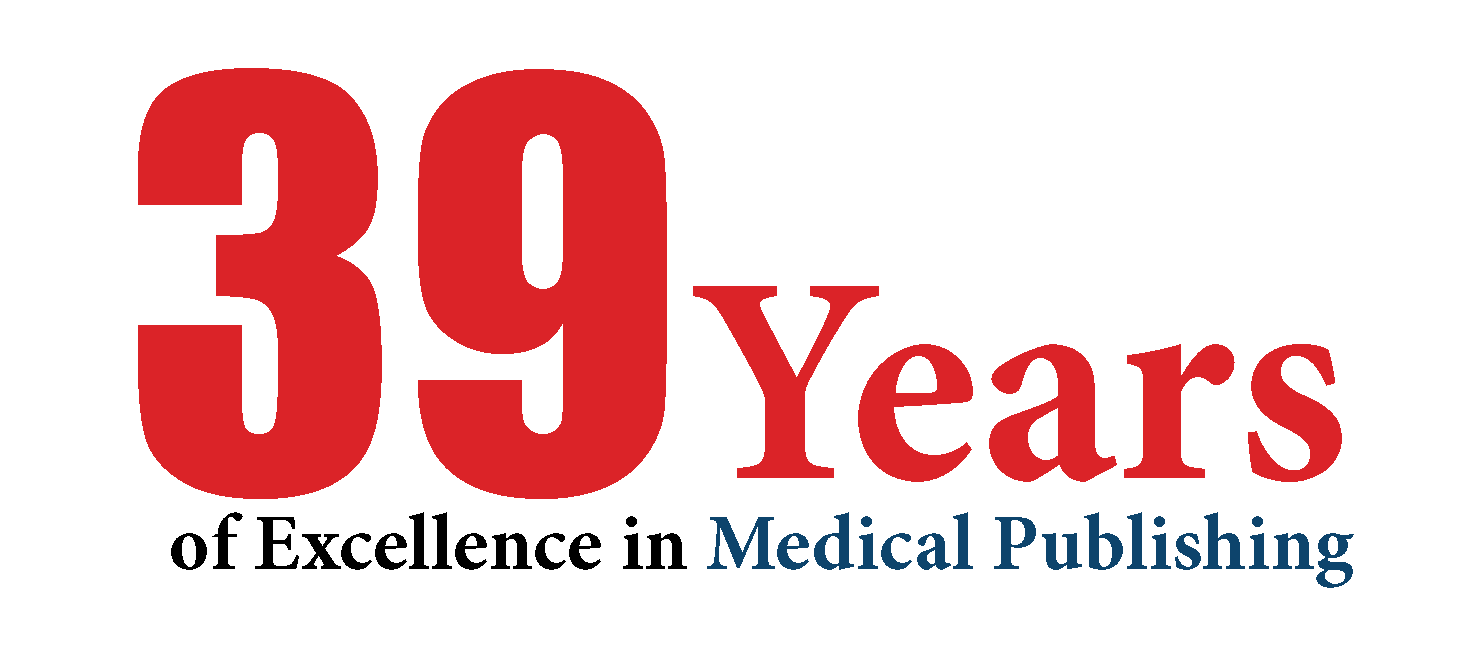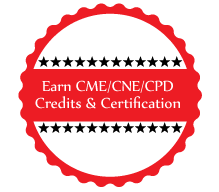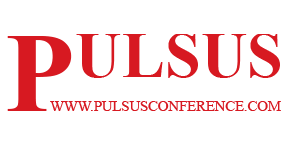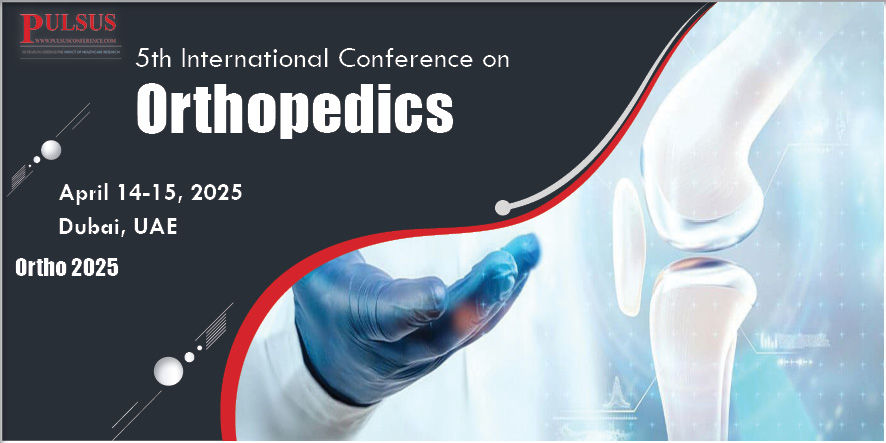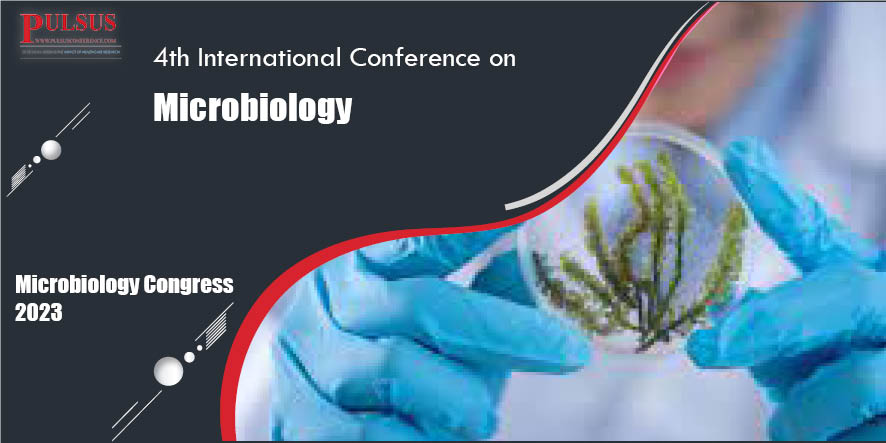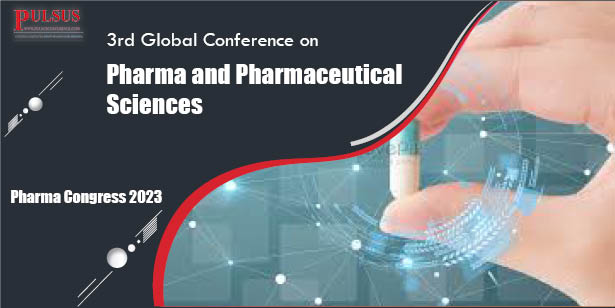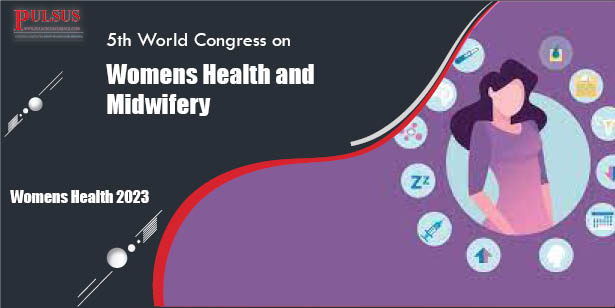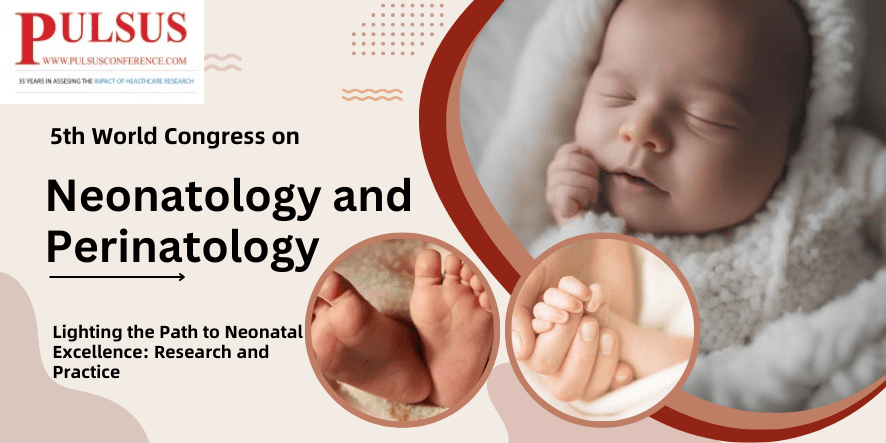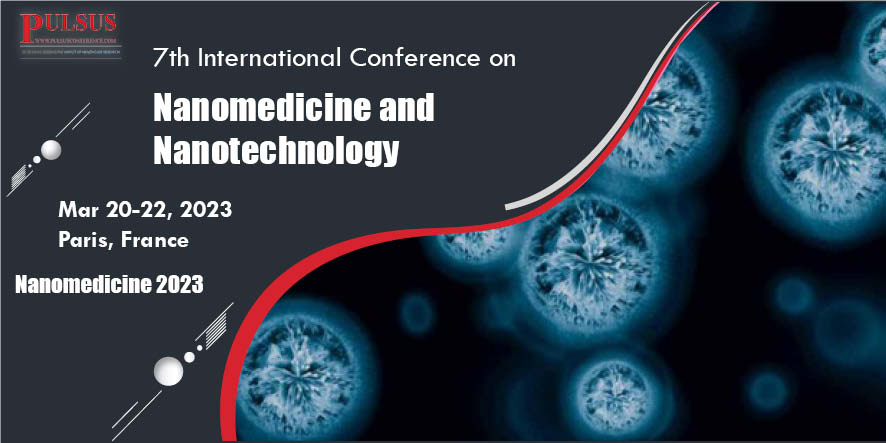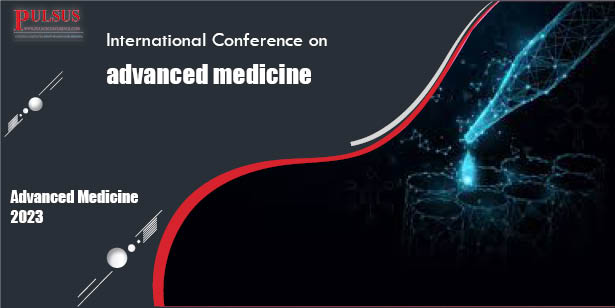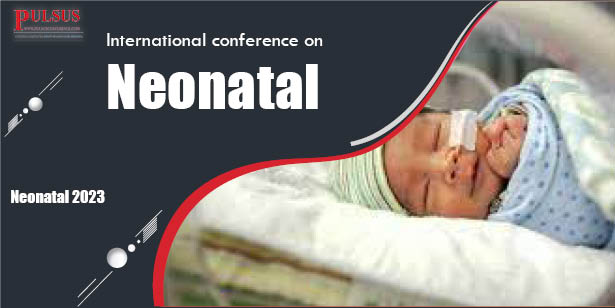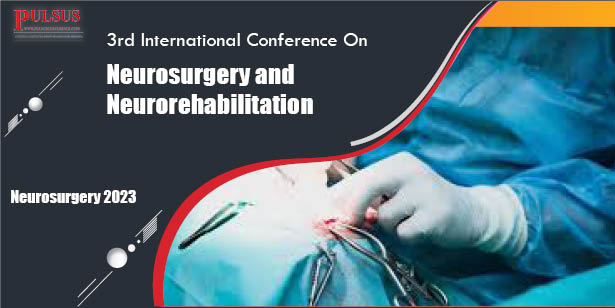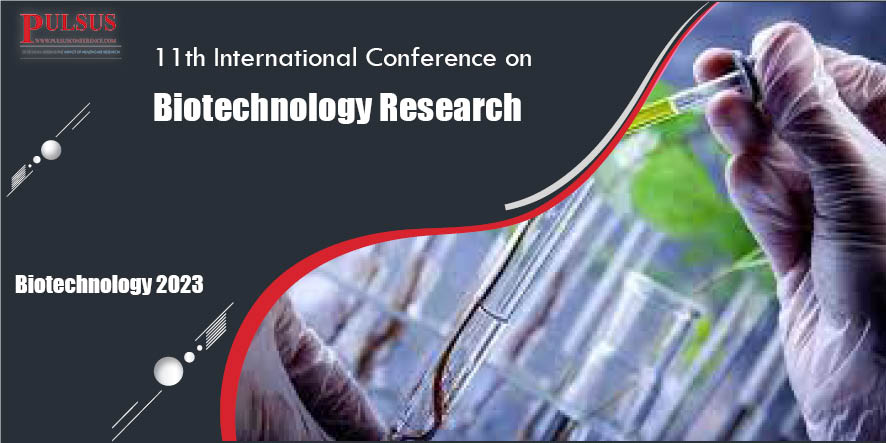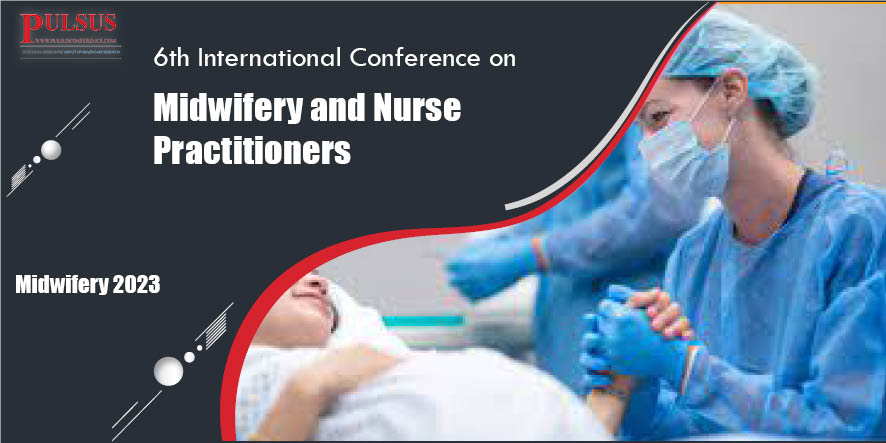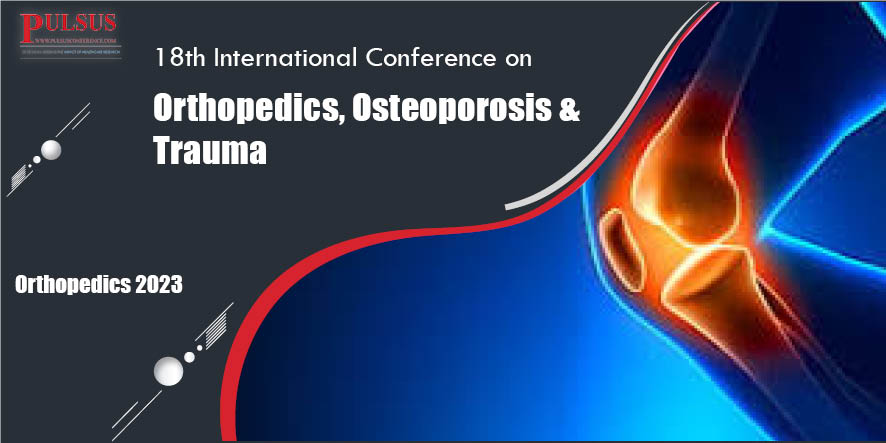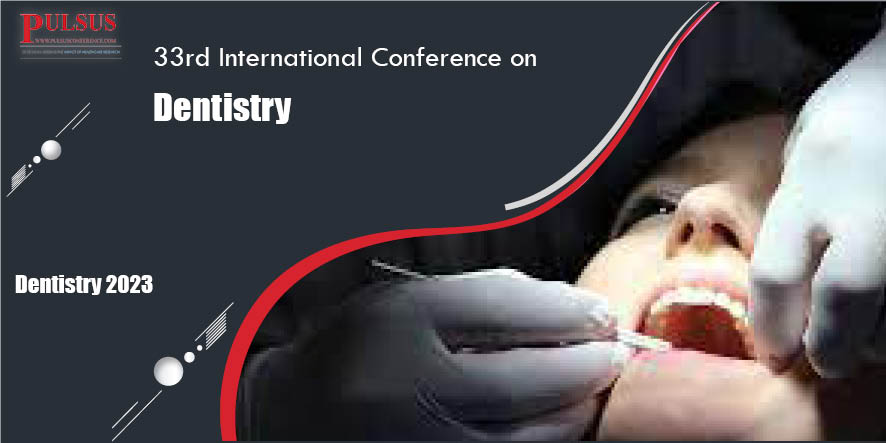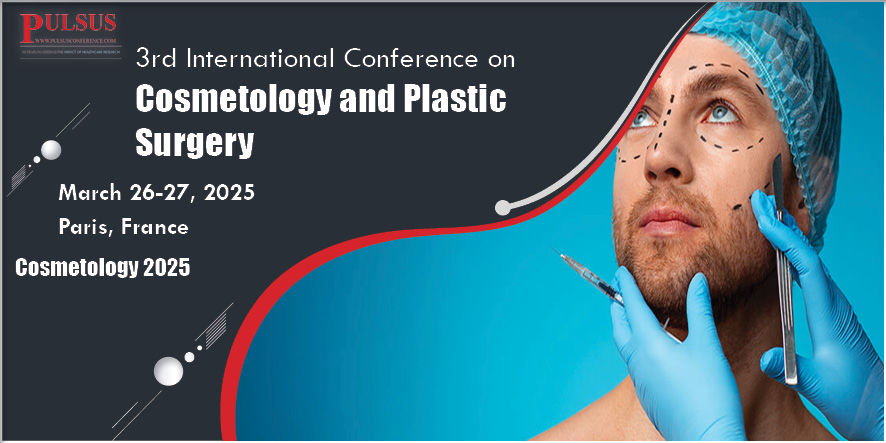About Rheumatology Conferences
Rheumatology Conferences 2023 | Rheumatology Conference | Rheumatoid Arthritis Conference | Orthopedics Conference | Autoimmune Disorder Conference | Inflammatory joint disease Conference | Osteoarthritis Conference | Osteoporosis Conference | Spondyloarthritis Conference | Gout disease Conference | Anti-Inflammatory Drugs Conference | Rheumatology Events | Rheumatology Meetings | Rheumatology Gathering | Rheumatology Congress
Rheumatology has made incredible advances in the knowledge and treatment of rheumatic disorders. For the first time, rheumatologists were able to effectively influence the natural course of disease and improve most clinical outcomes after the discovery and introduction of glucocorticoids and conventional synthetic disease-modifying antirheumatic medications (csDMARDs) into their therapeutic arsenal.
With the introduction of sophisticated, biologically-engineered drugs—so-called biologicals or bombards—during the new millennium, the revolution accelerated exponentially. These drugs targeted specific molecules in key pathogenic pathways and dramatically improved the prognosis of most patients with immune-mediated rheumatic diseases.
This progress has been especially dramatic in inflammatory joint diseases such as rheumatoid arthritis (RA) and spondyloarthritis, and has been slower in connective tissue diseases and vasculitis, owing to tremendous research efforts to better understand the complex mechanisms underlying each disease.
"Advances in Rheumatology" is aimed at experienced clinicians who want to improve their clinical skills and expand their understanding of the newest breakthroughs in rheumatic illness diagnosis, therapy, and pathogenesis. These disorders have advanced quickly as research continues to change patient care standards and expand the number of therapy alternatives available to practitioners.
The study on the worldwide Rheumatology therapeutics market analyses the market qualitatively and quantitatively from 2016 to 2024. The global rheumatology therapeutics market is expected to increase at a CAGR of 2.52% from 2018 to 2024, according to the analysis. For the period of 2016 to 2024, the study on the Rheumatology therapeutics market examines the key geographies such as North America, Europe, Asia-Pacific, and the Rest of the World.
The worldwide Rheumatology Therapeutics market study will include possible new market entrants as well as urgent threats or challenges from existing industry competitors. The effect of the current COVID-19 pandemic will also be examined in this report, both now and in the future.
Rheumatology Conferences 2023 | Rheumatology Conference | Rheumatoid Arthritis Conference | Orthopedics Conference | Autoimmune Disorder Conference | Inflammatory joint disease Conference | Osteoarthritis Conference | Osteoporosis Conference | Spondyloarthritis Conference | Gout disease Conference | Anti-Inflammatory Drugs Conference | Rheumatology Events | Rheumatology Meetings | Rheumatology Gathering | Rheumatology Congress
Rheumatology is the study and treatment of illnesses and diseases of the joints and surrounding tissues - muscles, tendons, and ligaments.
Rheumatological diseases include inflammatory arthritis, autoimmune rheumatic illnesses, soft tissue difficulties such as traumas, osteoarthritis, spinal pain, and other chronic pain syndromes, and metabolic bone disease. Rheumatologists are specialists in the field of Rheumatology , while some also practise in general medicine, rehabilitation, or sports medicine. Internal medicine, immunology, orthopaedics, neurology/pain management, rehabilitation, psychology, nursing, and medical-related professions all require interdisciplinary understanding of Rheumatology and awareness of recent discoveries. Adult rheumatologists should be familiar with the consequences of childhood and adolescent rheumatological disease.
Arthritis and associated rheumatic disorders are thought to affect 46 million Americans.
This figure is predicted to rise to 60 million by 2020.
Rheumatic sickness can affect persons of any age, gender, or race. There are various types of rheumatic illness, and some persons are more prone to them than others.
· Genetics
· Environmental factors (some variables that contribute to the condition)
· Gender
· Age
People who possess the PTPN22 gene, women, African Americans, and Hispanics are at a greater risk of having rheumatic illness.
Symptoms:
Both signs and symptoms of rheumatic illness vary depending on the kind, but in general, arthritis patients endure joint pain and stiffness. Early identification and treatment are critical for preventing additional joint injury and managing symptoms.
Rheumatic Disease Types:
Rheumatology Conferences 2023 | Rheumatology Conference | Rheumatoid Arthritis Conference | Orthopedics Conference | Autoimmune Disorder Conference | Inflammatory joint disease Conference | Osteoarthritis Conference | Osteoporosis Conference | Spondyloarthritis Conference | Gout disease Conference | Anti-Inflammatory Drugs Conference | Rheumatology Events | Rheumatology Meetings | Rheumatology Gathering | Rheumatology Congress
Many different forms of rheumatic illnesses are listed here. If you are experiencing symptoms and your doctor believes you should visit a rheumatologist, please have them call our office.
Diagnosis:
During the physical exam, your doctor will look for oedema, redness, and warmth in your joints. He or she could also examine your reflexes and muscular strength.
Examinations of the blood
• rate of erythrocyte sedimentation (ESR, also known as sedimentation rate)
• C-reactive protein (CRP) level,
• Rheumatoid factor and anti-cyclic citrullinated peptide (anti-CCP) antibodies are two other typical blood tests.
Imaging examinations
• X-rays to help track the evolution of rheumatoid arthritis in your joints over time;
• MRI and ultrasound tests to assist your doctor in determining the severity of the illness in your body.
Treatment:
Rheumatoid arthritis has no known cure. However, clinical trials show that remission of symptoms is more frequent when therapy with disease-modifying antirheumatic medicines started early (DMARDs).
Medications:
Medications: The sort of medicine you receive will be determined by the intensity of your symptoms and the length of time you've had rheumatoid arthritis.
· NSAIDs
· Steroids
Current research trends:
Rheumatology Conferences 2023 | Rheumatology Conference | Rheumatoid Arthritis Conference | Orthopedics Conference | Autoimmune Disorder Conference | Inflammatory joint disease Conference | Osteoarthritis Conference | Osteoporosis Conference | Spondyloarthritis Conference | Gout disease Conference | Anti-Inflammatory Drugs Conference | Rheumatology Events | Rheumatology Meetings | Rheumatology Gathering | Rheumatology Congress
Rheumatologic and musculoskeletal disorders (RMDS) are major sources of morbidity and mortality across the world. The World Health Organization (WHO) considers musculoskeletal diseases to be the major causes of disability in the world, as well as the most significant independent contributors to chronic pain. RDM rates in low- and middle-income countries (LMICs) are comparable to those in high-income nations, according to population-based studies. However, Rheumatology remains undeveloped in many low-resource areas in terms of health care access, clinical, practise, education, training, and research.
The goal of current Rheumatology research is to investigate basic, clinical, and translational studies, as well as epidemiological data, concerning rheumatoid arthritis and related disorders. Drug therapy, patient-reported outcomes, and the invention of therapeutic goals for osteoarthritis, rheumatoid arthritis, ankylosing spondylitis, Lupus, Sjogren's syndrome, psoriatic arthritis, and other paediatric and adult rheumatological and musculoskeletal conditions are current research trends.
Researchers, fellows-in-training, physicians (rheumatologists), nurse practitioners, physical therapists, occupational therapists, pharmacists, and medical and health professional students interested in the treatment of patients with rheumatic illness may find the journal essential.
Rheumatic diseases such as Osteoarthritis, Rheumatoid arthritis (RA), Lupus, Spondyloarthropathies — ankylosing spondylitis (AS) and psoriatic arthritis (PsA), Sjogren's syndrome, Gout, Scleroderma, Infectious arthritis, Juvenile idiopathic arthritis, Polymyalgia rheumatica, and other degenerative, inflammatory and Current Rheumatology Research seeks to establish a global standard for high-quality Rheumatology research.
Market Analysis
The most recent study from Persistence Market Research covers trends in 20+ high-growth categories, as well as the impact they're making. Persistence Market Research's most updated study examines trends in 20+ high-growth areas, as well as the influence of the COVID-19 pandemic on the healthcare industry in general and demand for rheumatoid arthritis therapy in particular.
Metrics:
Pulsus Group is one of the world’s remarkable Scientific Conference Organizers who have their individuality on all the spectrums of Science, Technology and Business. A part of every conference series’ success specifically hangs on to how far it reaches the online community. Having an online audience is critical to make an international gathering a great success; be it research or academic or industrial.
Conferences on Rheumatology show a notable number of unique visitors and page views which were proved to be a significantly successful events. Surgeons, physicians and researchers, educational institutes, hospitals and students are the main attendees of Pulsus conference series on Rheumatology as represented in the below quoted metrics.
Pulsus further extends its frontier through maintaining its every conference proceeding in its respective conference webpages and its official social media accounts. Thus, aspiring to have the participation of the international scientific and industrial communities to come and experience the pack of talks, discussions, product exhibitions and alliances.
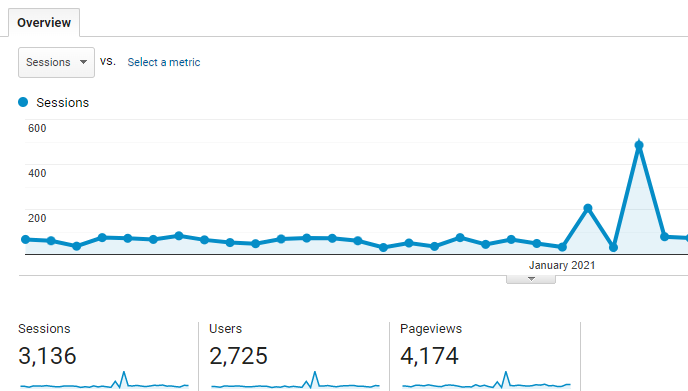
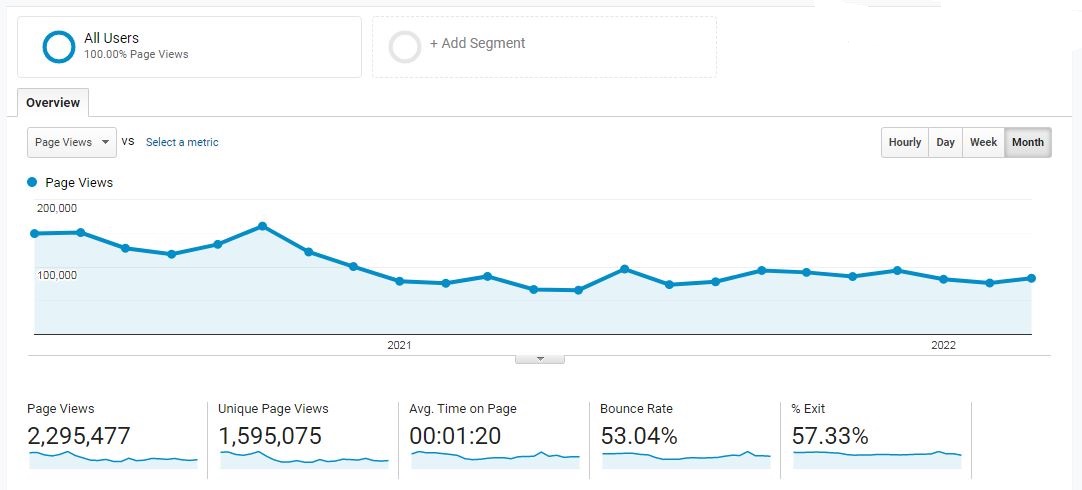
Rheumatology Conferences Pulsus Conferences
